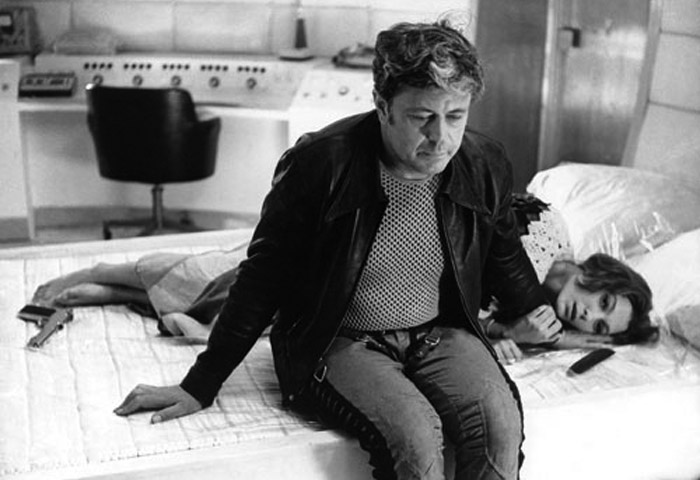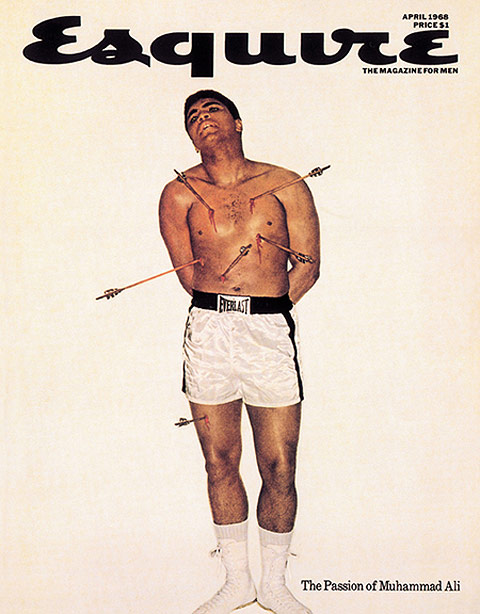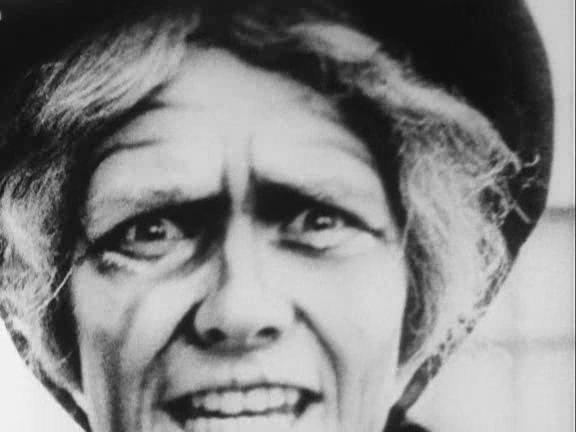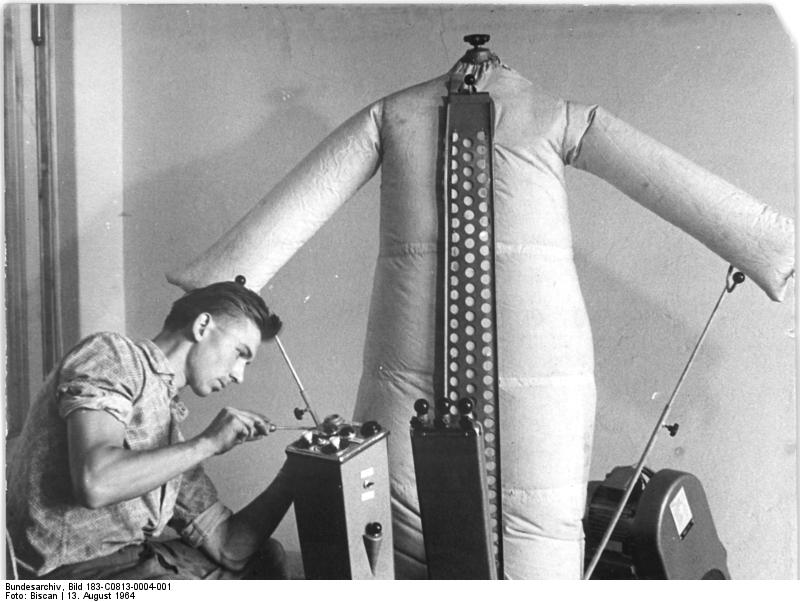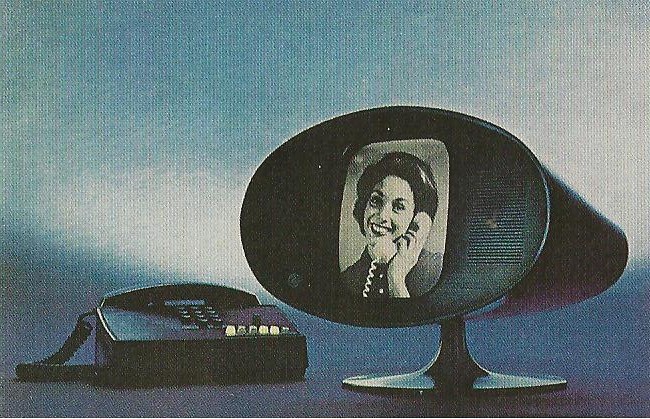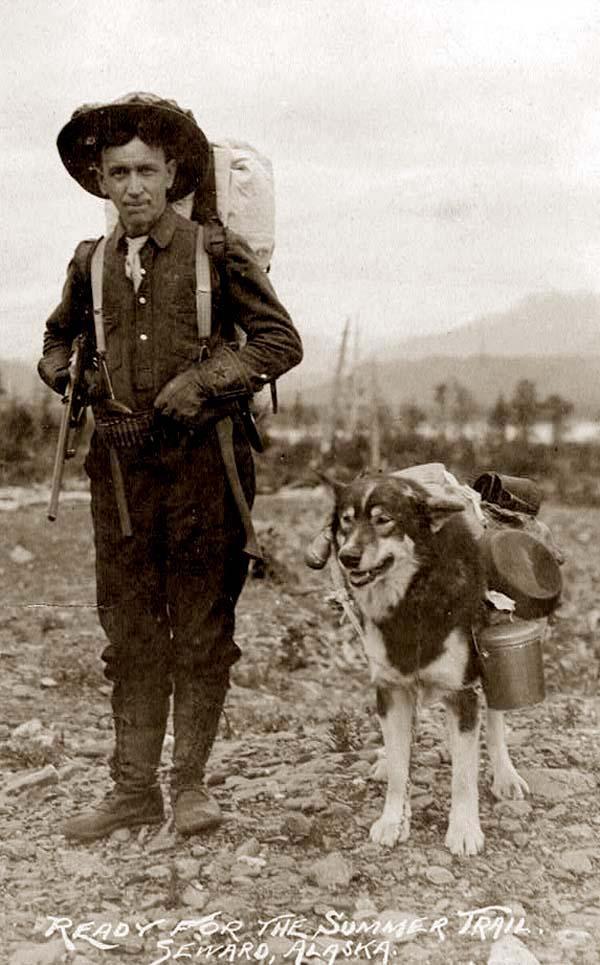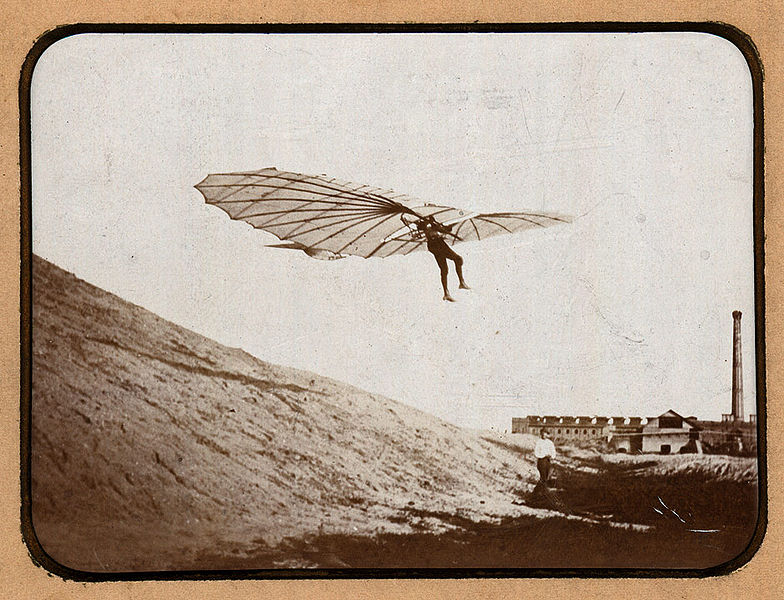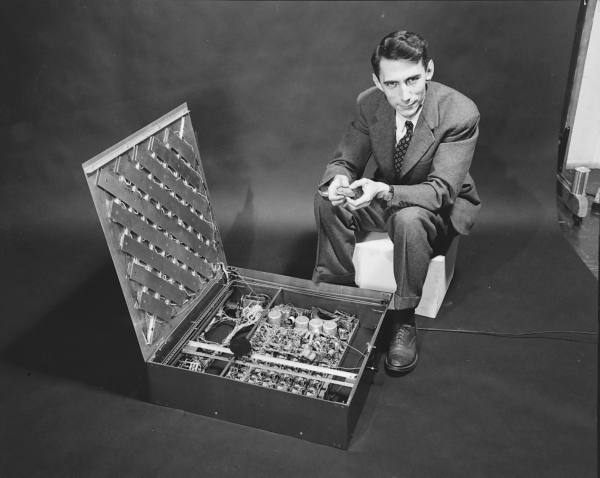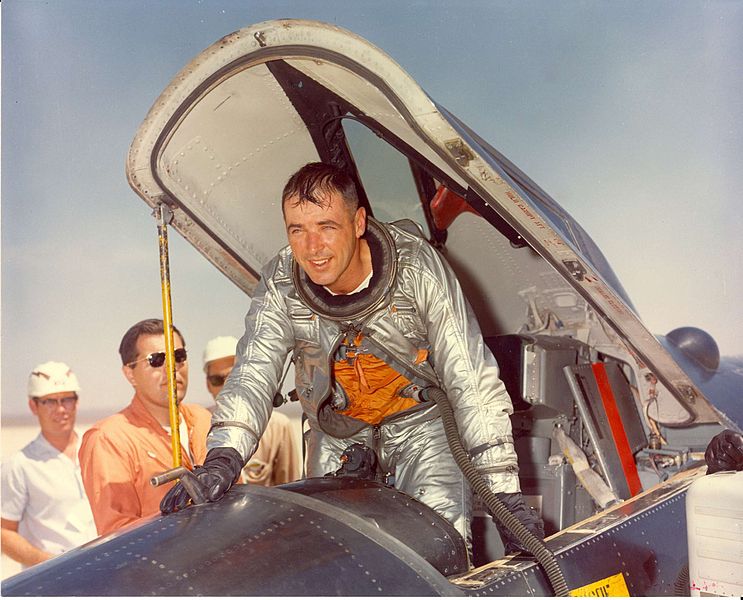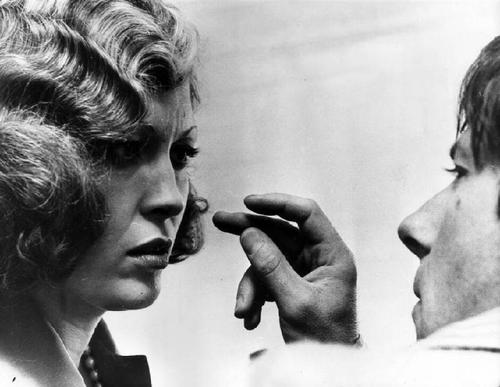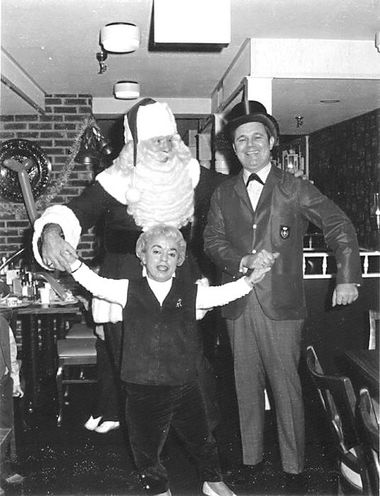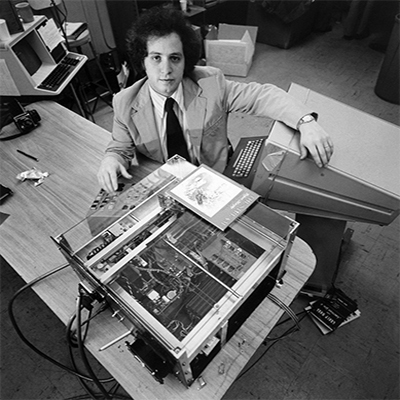I’m sure I’ve posted clips from Andrei Tarkovsky: A Poet in the Cinema before, but here’s the whole 1983 documentary.
You are currently browsing the archive for the Videos category.
Tags: Andrei Tarkovsky
Deep Space Industries plans to mine asteroids and other far-flung objects.
A Moebius strip of a home is to be wholly created by a 3D printer in 2014. From Techcrunch:
“A Dutch architect is interested in 3D printing a home, with the hopes that it’ll be ready by 2014.
The architect’s name is Janjaap Ruijssenaars of Universe Architecture, and his project is a part of the Europan competition, which lets architects in over 15 different countries build projects over the course of two years.
Ruijssenaars will work with Italian inventor Enrico Dini, founder of the D-Shape 3D printer. The plan is to print out 6×9 chunks of frame, comprised of sand and inorganic binder. From there, they’ll fill the frame with fiber-reinforced concrete.
The final product will be a single flowing design, a two-story building.”
••••••••••
Janjaap Ruijssenaars also designed the Floating Bed:
Tags: Janjaap Ruijssenaars
Michael Crichton pushed his book Electronic Life: How To Think About Computers while visiting Merv Griffin in 1983. The personal computing revolution was upon us, but the Macintosh had yet to reach the market, so it still seemed so far away, especially to the tech-challenged host.
Tags: Merv Griffin, Michael Crichton
One of the worst things about contemporary talk shows is that every host interviews the same guests who are pushing the same products in the same way. In his new time slot, Jimmy Kimmel recently broke that mold by speaking to advertising and Esquire legend George Lois. I hope he continues to be open-minded with his open couch space.
Tags: George Lois, Jimmy Kimmel
Three years before she was killed in one of the most shocking mass murders in American history–one that essentially ended an attempt at a new openness, a new sense of community–Sharon Tate was her bright, beautiful self while being interviewed by Merv Griffin on location in London.
Tags: Merv Griffin, Sharon Tate
The very first of Michael Caine’s 18,000,000 appearances on American talk shows, with Merv Griffin in 1965.
Tags: Merv Griffin, Michael Caine
Merv Griffin leaves the studio to interview Richard Burton in 1974. I was frightened of Burton when I was a child. He just seemed so out of control. But the one that really terrified me was George C. Scott. Oh my god, that man! All that rage.
From Burton’s scary personal diary, which cataloged his demons and destruction, a passage from right around the time of the Merv interview:
“Tuesday 21st: Drank enormously and cheated when E wasn’t looking. Don’t remember much except falling a lot and suggesting divorce. Can’t control my hands, so cannot write any more. Very silly. Booze!
Wednesday 22nd: Having been so drunk yesterday, felt terrible in morning and was desperately ill. Went quietly at 9.30 to find a double brandy. Bar closed until 10. Asked for Fritz (manager). Reluctantly, he opened bar for me and suggested vodka as it wouldn’t be so smelly when E had morning kiss.
Drank it with very shaking hands. Have become a ‘falling-down’ [drunk]. My hand-writing indicative of the shakes. Painful knee, bottom, right elbow, back of head, right ear.
E an angel, and looked like one. How does she do it? Look so well, I mean, for she had a lot to drink, too.
Thursday 23rd: Two weeks married. Still faintly dizzy if I make any sudden movement. Had to have helping hand to walk first few steps in any direction. Very disappointed in myself, but periodically, no doubt, will fall into the trap.
Friday 24th: Made superb love to E in the afternoon. Gets better all the time, if that’s possible. Thought about death too much.
Monday 27th: Drank a lot. Don’t remember anything, if at all.
Tuesday 28th: Drank some more.
Wednesday 29th: Ditto. Must stop!”
Tags: Merv Griffin, Richard Burton
Billy Crystal recently joined Jimmy Fallon, Jerry Seinfeld, Steve Higgins and that other guy in a fun sequel to the classic Abbott & Costello routine, “Who’s on First?” But it’s still not as great as the perfect mid-’80s SNL short that Crystal and Christopher Guest did about the Negro Leagues. It beautifully captures the tall-tale culture that grows around those not deemed important enough to be given consideration by mainstream historians of their era.
Tags: Billy Crystal, Christopher Guest, Jerry Seinfeld, Jimmy Fallon
Orson Welles’ first film, a 1934 avant garde silent short, “Hearts of Age,” which was made with a school chum named William Vance. More or less, it’s about the visitation of a dandyish Grim Reaper (played hauntingly by Welles) upon the lives of a couple of grotesque Colonial American characters. Seemingly influenced by German Expressionism, D.W. Griffith, Dali and Buñuel.
Tags: Orson Welles
The opening of “A Robot in Every Home,” Bill Gates’ famous 2007 Scientific American piece which compared the nascent robotics industry to computers of the Homebrew era:
“Imagine being present at the birth of a new industry. It is an industry based on groundbreaking new technologies, wherein a handful of well-established corporations sell highly specialized devices for business use and a fast-growing number of start-up companies produce innovative toys, gadgets for hobbyists and other interesting niche products. But it is also a highly fragmented industry with few common standards or platforms. Projects are complex, progress is slow, and practical applications are relatively rare. In fact, for all the excitement and promise, no one can say with any certainty when–or even if–this industry will achieve critical mass. If it does, though, it may well change the world.
Of course, the paragraph above could be a description of the computer industry during the mid-1970s, around the time that Paul Allen and I launched Microsoft. Back then, big, expensive mainframe computers ran the back-office operations for major companies, governmental departments and other institutions. Researchers at leading universities and industrial laboratories were creating the basic building blocks that would make the information age possible. Intel had just introduced the 8080 microprocessor, and Atari was selling the popular electronic game Pong. At homegrown computer clubs, enthusiasts struggled to figure out exactly what this new technology was good for.”
••••••••••
Homebrew Computer Club in 1978:
Tags: Bill Gates
David Frost just did an interview with Craig Venter, the biologist who was the subject of Wil S. Hylton’s excellent 2012 New York Times Magazine profile.
Tags: Craig Venter, David Frost
I don’t always agree with Evgeny Morozov, but I always find him to be thought-provoking. In his new Financial Times piece, “Google Should Not Choose Right and Wrong” (free registration required), the technologist suggests that the search giant should be forced to accept checks and balances. A passage about the intrusiveness of Google Now:
“At the end of each month, Google happily reports – without you ever asking for it! – how many miles you’ve walked or cycled. This intervention is no simple weather trivia. Here Google assumes that walking is more important – perhaps, even more moral – than, say, driving. It explicitly ‘bakes’ morality into its app, engaging in what one might term ‘algorithmic nudging.’
Had governments advocated such surveillance-powered interventions, many would find them intrusive, not least because their terms must be subject to public debate. Are we measuring the right things? Are we unfairly blaming individuals for failures of institutions? Walking is undoubtedly easier in Manhattan than in the suburbs of Los Angeles.
With Google at the helm, however, resistance is minimal. We don’t mind our phones spying on us – at least not when Google needs this data to tell us about flight delays. Likewise, we have been persuaded by Google’s efforts to recast the information it collects as objective and simply existing “out there” – in nature – unaffected by their recording devices or systems of measurement.
Google’s power and temptation to do good are only poised to increase. As its services are integrated under one umbrella – maps, emails, calendars, videos, books – it knows even more about our moral failings. And as Google begins to mediate our interactions with the built environment – through its self-driving cars, smart glasses, smartphones – the scope for ‘algorithmic nudging’ also expands.”
••••••••••
“All that information is ready at the exact moment you actually need it”:
Tags: Evgeny Morozov
Merv Grffin travels to London in 1966 to speak with the Rev. Billy Graham, who was the Elvis of the evangelical set.
Tags: Billy Graham, Merv Grffin
Orson Welles discussing fortune tellers’ secrets during a 1970 appearance on David Frost’s chat show. He opined on the same topic three years in a Playboy Interview.
Tags: David Frost, Orson Welles
Information Theory genius Claude Shannon, who loved pogo sticks and juggling, also created this nifty gadget in 1952,
Tags: Claude Shannon
Tags: Clive James, Roman Polanski
I watched reruns of the original 1960s Jetsons episodes when I was a kid, but I was unaware until now that the program ran for just one season. That’s amazing considering how much it’s still a part of the culture. When, for example, people talk about Elon Musk’s dreams of the Hyperloop, the show is used as a reference point. From a post about the 24 classic episodes at the Paleofuture blog at the Smithsonian:
“It was 50 years ago this coming Sunday that the Jetson family first jetpacked their way into American homes. The show lasted just one season (24 episodes) after its debut on Sunday September 23, 1962, but today The Jetsons stands as the single most important piece of 20th century futurism. More episodes were later produced in the mid-1980s, but it’s that 24-episode first season that helped define the future for so many Americans today.
It’s easy for some people to dismiss The Jetsons as just a TV show, and a lowly cartoon at that. But this little show—for better and for worse—has had a profound impact on the way that Americans think and talk about the future.”
••••••••••
The original 1963 ABC promo for the show:
Santa is already down on the elves and now technology is taking a potshot. GM has repurposed some auto-manufacturing robots for gift-wrapping duty. From Autoblog: “In addition to stuffing and wrapping boxes, the robots’ duties also include spot welding labels onto the gifts (who even knew that was possible?). The work looks boring and monotonous, but at least these GM robots were able to find a second job.”
It was surprising to hear that Ray Kurzweil has accepted the position of Director of Engineering at Google. He seems at the point in his career where he’d want to be independent not an employee, but I suppose there are lots of things you can do with Google’s resources that you can’t accomplish on your own. From Neal Ungerleider at Fast Company:
“Ray Kurzweil is best known these days as the world’s foremost Singularity evangelist and as a prophet of a whizbang, techno-utopian future. However, Kurzweil first came to tech fame as a machine-learning guru whose groundbreaking work on voice recognition and optical character recognition changed computing and laid the groundwork for everything from Siri to desktop scanners.
Now, Kurzweil has a new home: Google. On Friday, Google announced that Kurzweil is their newest Director of Engineering. Kurzweil started at Google today with a focus on new machine-learning and language-processing projects.
‘In 1999, I said that in about a decade we would see technologies such as self-driving cars and mobile phones that could answer your questions, and people criticized these predictions as unrealistic,’ Kurzweil said in a statement. ‘Fast forward a decade–Google has demonstrated self-driving cars, and people are indeed asking questions of their Android phones. It’s easy to shrug our collective shoulders as if these technologies have always been around, but we’re really on a remarkable trajectory of quickening innovation, and Google is at the forefront of much of this development.'”
••••••••••
The Kurzweil Reading Machine, 1977:
The future futurist plays his computer composition on TV, 1965:
Tags: Neal Ungerleider, Ray Kurzweil

